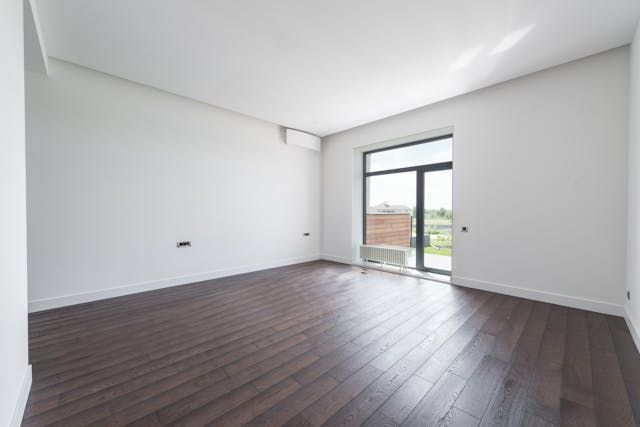Key Principles for Planning a Successful Rental Business
In developing a robust rental business plan, it is essential to focus on guiding principles that will shape your strategy and operations. Below are several critical areas to consider, each contributing to the overall success and sustainability of your residential rental investments
Here are a few key guiding principles to consider in your planning:
Market Analysis
Analyze the residential rental market to pinpoint target demographics and assess the competition. By grasping current market trends, the demand for rental properties, and local housing dynamics, investors can strategically position their investments. This market analysis uncovers both opportunities and challenges, empowering informed decision-making that aligns with market demands and maximizes investment potential.
Investment Strategy
Defining your investment strategy is crucial for any residential rental business plan. This section details the approach to acquiring properties, including selection criteria, property types (such as single-family homes or multi-family units), and investment timelines. By clearly outlining the strategy, potential investors can grasp how their capital will be deployed to generate returns and the anticipated cash flow from rental income.
Marketing Strategy
A strong marketing strategy is essential for maximizing occupancy rates and ensuring the profitability of rental properties. This section outlines the tactics to attract quality tenants, including digital marketing, social media engagement, and local advertising campaigns. The aim is to create a comprehensive plan that effectively reaches prospective tenants and boosts property visibility.
Operational Plan
The operational plan outlines the daily activities necessary for managing your residential rental investment. It covers staffing roles, property management processes, and the technology utilized for operations. This section should detail procedures for property maintenance, tenant management, lease agreements, banking operations, software to be used and compliance with regulations, providing investors with a clear understanding of how the investment will be efficiently managed.
Financial Plan
A thorough financial plan is crucial for any residential rental investment. This section includes detailed financial projections, such as expected rental income, operating expenses, and potential returns on investment. It also addresses funding needs, outlines expected timelines for profitability, and offers insights into cash flow management. This plan helps investors assess the financial viability of the investment and its potential for long-term growth.
Property Management Team
The property management team consists of key personnel or agencies responsible for overseeing your rental. It's essential to outline the criteria you want to prioritize in order to retain an effective property management team. This should include their qualifications, experience in property management, and proven track record in the property's geographic area. This information is crucial for the overall success of your business, and as an owner, you should place significant emphasis on selecting the right partner for property management.
Legal Considerations
Legal considerations are a vital part of the residential rental investment business plan. This section outlines the legal requirements for operating rental properties, including necessary licenses, permits, and compliance with local and state regulations. It also addresses the legal responsibilities associated with property management, such as lease agreements, tenant rights, insurance requirements, and liability issues, ensuring that investors are fully informed of their obligations and protections.
For more information on property management and rental investment insights, visit Hunter Rentals & Sales at 1503 W Stan Schlueter Loop, Killeen, TX 76549, United States, or call (254) 634-3311.







